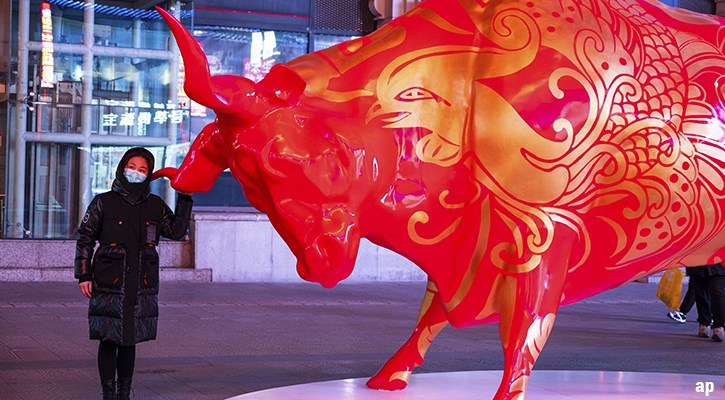
Twice as many shops are closing compared with opening but don’t bother telling JD Sports (JD.). Its UK stores are managing like-for-like growth of 10%. JD spotted where the trendy money was going – the “athleisure” market where you lounge around pretending to be healthily fit – and went for it. It is really heartening to see a success story on the High Street.
JD reported a 6.6% rise in pre-tax profits in the six months to 3 August, with sales a remarkable 47% higher, though this was in part due to acquisitions and store openings. The second half has started well and, but for a change in accounting procedures, full year profits would be coming in at the top end of expectations rather than in the middle as is now likely. It was therefore a little disappointing to see a niggardly rise in the interim dividend from 0.27p to 0.28p.
I’m inclined to forgive executive chairman for his ghastly reference to the group’s “elevated multichannel proposition”. Actions speak louder than mangled English.
JD will be in a strong position when leases come up for renewal. Struggling retailers have forced rent reductions on unhappy commercial property owners and with so many shops of all shapes and sizes standing empty, the landlords will be hard pressed to refuse similar terms to such a reliable tenant.
The group also needs to take drastic action over the outdoor division which has been struggling for far too long. Questions need to be asked over whether Blacks and Millets will ever come good.
Sporting Rivals
In the meantime, however, JD can take credit for producing sparkline figures just as fellow retailer Marks & Spencer (MKS) fell out of the FTSE100 index for the first time. The shares added 8.8% on the figures to top 700p for the first time since the share split nearly three years ago. There is nothing to stop them going higher.
You can’t say the same about Sports Direct (SPD), whose founder and 63% owner Mike Ashley once had dreams of crushing JD Sports. JD now has a market capitalisation four times as large as its rival and a prestigious status as a blue chip.
Despite a strong rally over the past six months, based more on bravado than reality, Sports Direct shares are still down by a quarter over the past 12 months. Its auditor has handed in its notice after handling the books since the flotation 12 years ago and it is struggling to find a replacement. Alternatives have cited potential conflicts of interest, something that hasn’t previously bothered the largest accountants.
Part of the bravado was buying bankrupt department stores chain House of Fraser, whose continuing losses are now a heavy burden. The complexities of merging the operations forced Ashley to delay the release of the latest results. Add in a shock tax demand in Belgium and you can see why a quarter of the independent shareholders bothered to make the futile gesture of voting against Ashley’s re-election at the annual meeting.
There is no dividend and no indication of when one will ever be paid. Stay well clear. If you are already a shareholder, the latest rise gives you an opportunity to get out.
New Home
As a shareholder in Bovis Homes (BVS), where I have made a decent profit plus dividends, and Galliford Try (GFRD), where I am about even after adding in dividends, I was delighted with news that Bovis proposes to buy Galliford’s housebuilding arm Linden Homes. I’m not worried about whether the price, topside of £1 billion, is spot on because what I lose on one company I gain on the other.
The deal will propel Bovis into the big league of housebuilders while tidying up Galliford to concentrate on construction, which certainly needs sorting out. It should be a double gain.





























